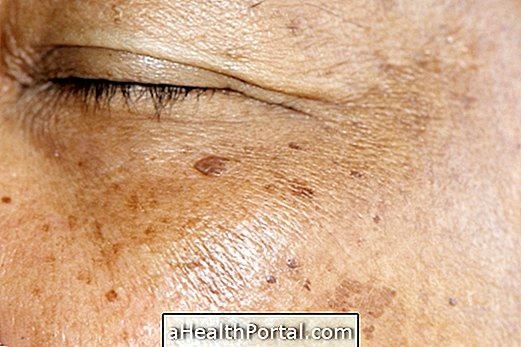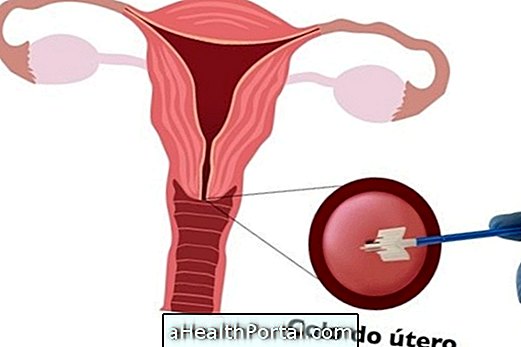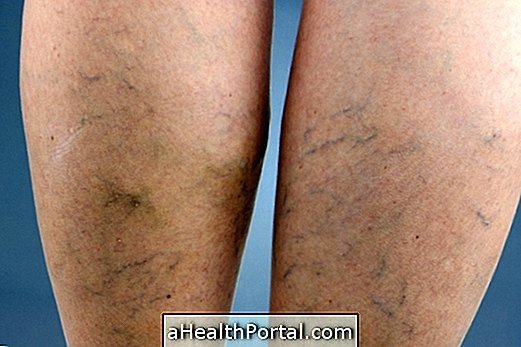Neurasthenia is a psychological disorder, of little cause and characterized by weakening of the nervous system, resulting in weakness, emotional exhaustion, headache and excessive fatigue, for example.
Neurasthenia is usually considered as a combination of several factors, such as genetic and environmental, such as stressful routine or family problems, for example. Thus, the diagnosis of this disorder is made by the psychologist or psychiatrist through evaluation of the symptoms presented and exclusion of other situations that may have the same symptoms, such as generalized anxiety disorder, for example.
The treatment is done by changing eating and living habits, such as avoiding the consumption of fatty foods and regular practice of physical activities, for example, in addition to sessions of psychotherapy and use of antidepressant drugs if necessary.

Main symptoms
Symptoms of neurasthenia may appear at any time in life and are more common in people who have a stressful routine, sleep poorly or do not have good habits, such as excessive consumption of alcohol or fatty foods, for example. The main symptoms of neurasthenia are:
- Headache;
- Physical and emotional exhaustion;
- Body pain;
- Increased sensitivity;
- Pressure and head weight;
- Ringing in the ear;
- Dizziness;
- Changes in sleep;
- Excessive tiredness;
- Difficulty in relaxing;
- Difficulty concentrating;
- Numbness and tingling of limbs;
- Anxiety or depression.
The diagnosis of neurasthenia is made by the psychologist or psychoanalyst through observation of the symptoms described and presented by the person, in addition to the exclusion of other diseases that may occur with the same symptoms, such as panic disorder or generalized anxiety disorder, for example .
In addition, the psychoanalyst can perform psychological tests to establish the diagnosis of neurasthenia, which must be based on the symptoms and their duration, which should be longer than 3 months to be suggestive of neurasthenia.
How is the treatment done?
Treatment of neurasthenia should be done through therapy, in which the psychiatrist or psychoanalyst seeks to understand the reason for neurasthenia, to help the person to organize, to stimulate self-esteem and confidence, and to assist in the pursuit of activities that promote relaxation.
The psychiatrist may also recommend the use of antidepressant medications, since they stimulate the production and release of hormones responsible for well-being, which should be recommended and used as directed by the physician. See which antidepressant medications are most indicated.
Changing habits is important not only in the treatment of neurasthenia, but also in its prevention. Thus, it is important that food is balanced and rich in fiber, vegetables, fruits and vegetables, as well as avoiding alcoholic beverages, fatty foods and cigarettes, for example. It is also indicated to practice regular physical activities, because this way it is possible to naturally stimulate the production of hormones responsible for the sense of well-being, helping to relax.

























